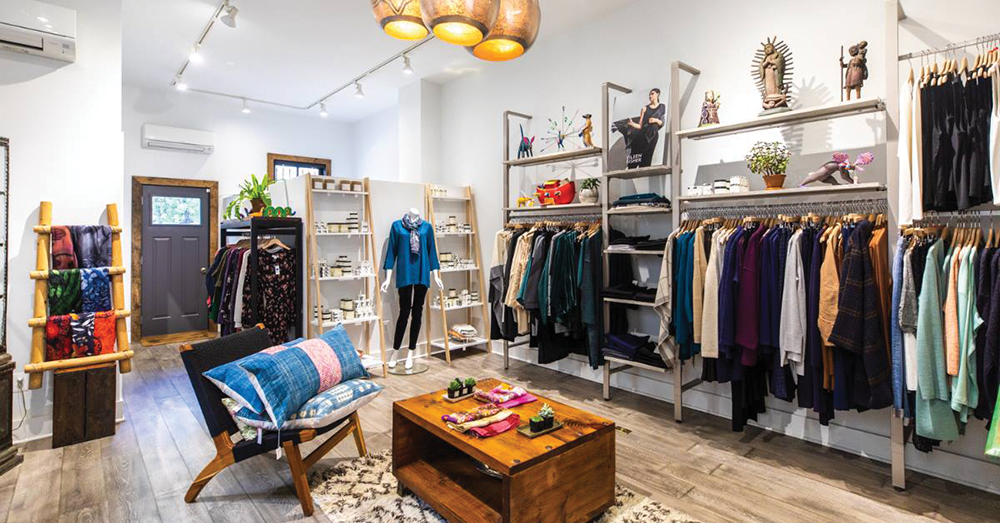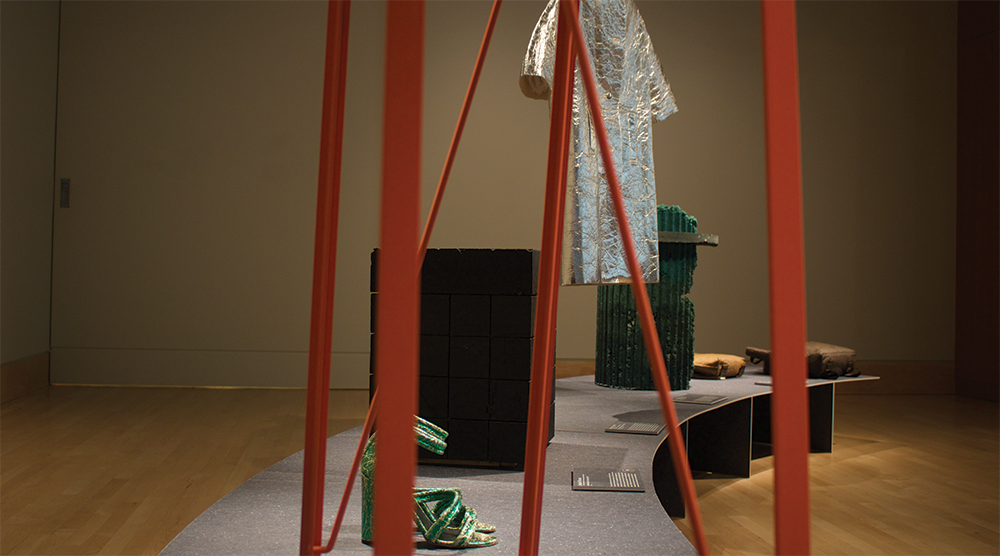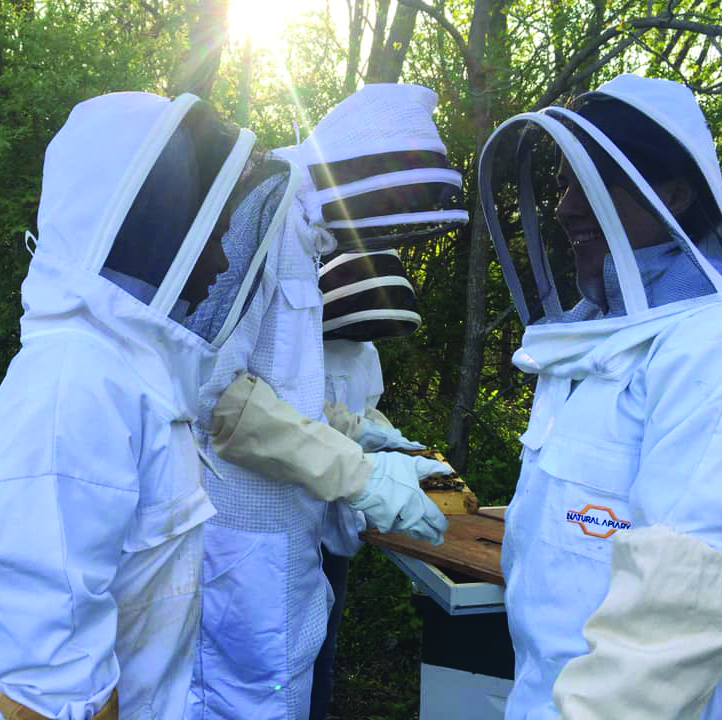Whether as an art form or as a means of self-expression, students use fashion as a marker of identity and representation while speaking to their personal values and beliefs. Fashion has come to represent this same intersection, as some voice moral complaints to increasing trends of fast fashion, which focuses on overseas factory production to minimize costs. Sustainable fashion aims to fill this niche and offer guilt-free clothing that, while more expensive, is ethically sourced.
With the current political and social focus on environmental issues such as climate change, fashion has also been scrutinized as a potentially wasteful and harmful industry. Some are gradually beginning to replace the desire for a large quantity of cheap clothing with a new appreciation of sustainable quality over expansive quantity.
While the definition of sustainable fashion can vary in specificity, it generally includes clothing that is ethically sourced and ecologically responsible, which involves the fair treatment of works and respect for the greater environment. While broad, this definition has value because it allows for a broad understanding of sustainable fashion for everyone, according to Emilia Ferrara (COL ’10), an adjunct lecturer at Georgetown University and a board member of the D.C. Sustainable Fashion Collective.

“There’s a very vast definition of sustainable fashion today and that’s not a problem. It doesn’t need to be narrow and specific, doesn’t need to be in a box.” Ferrara said. “It just means that the definition is varying as wide as a lot of different key players and stakeholders can participate, along with people like you and me.”
The DCSFC, a nonprofit group founded in 2018, works to promote consumer education about sustainable and ethical practices in fashion and supports businesses and individuals working toward sustainable fashion practices.
The collective hosts different events, including an annual conference called Fashion Revolution Week, which aims to increase awareness of sustainable fashion through panel discussions. Ferrara joined the board after attending its first annual conference last year, where she was moved by its message of promoting fashion sustainability in Washington, D.C., through its interaction with locals and businesses.
Fashion retailers within the Georgetown neighborhood are increasingly emphasizing the importance of sustainability in fashion and one of them is The Phoenix. The boutique opened in 1955, selling sustainable clothing, jewelry and housewares and has been sourcing its items solely from ethical sources for decades.
The Phoenix features many local and small designers and creators, and uses its wide range of fashion items and housewares to emphasize their diversity in creativity. The Phoenix ensures that all of its products are created ethically by working directly with creators, according to Samantha Hays-Gushne, owner of The Phoenix.
“When my grandparents started the store in the 1950s, that was their ethos,” Hays-Gushne said in an interview with The Hoya. “They were working directly with artists and artisans and so it was really sort of a natural progression for when I took the store over that we would maintain that throughout the years.”
This ethos works to both help the artists and make the customers feel better about what they are purchasing, according to Hayes-Gushne.
“The nice reactions that we get from the lines that we’re carrying, that people react really nicely to so that’s part of the reward,” Hayes-Gushne said. “Both working with the artists, but also secondarily having the customers react in a positive way.”
While these stores are important and are furthering a vision of a sustainable world, Georgetown students on a personal level have other issues to focus on. Overconsumption is the biggest issue that students should be focused on within sustainable fashion, according to Ferrera.
“It is very helpful to not buy new clothes and also very helpful to buy secondhand, if you were to shop that vintage stores that carry high luxury brands,” Ferrara said. “Or if you were to shop at, you know, smaller used clothing can use clothing the cheek or even Goodwill.”
Students can also engage in activism, which includes sharing social media posts and articles highlighting issues within the fashion industry to get involved in the movement, according to Ferrara.
“If you are reading about the sustainable fashion movement, if you are posting things on social media and if you are emailing friends and family articles, you can be a part of the sustainable fashion movement,” Ferrara said.

















Stacey • Jan 22, 2020 at 12:42 am
The rise of the ethical fashion movement has inspired many in the established fashion industry, both entrepreneurs and disrupters.